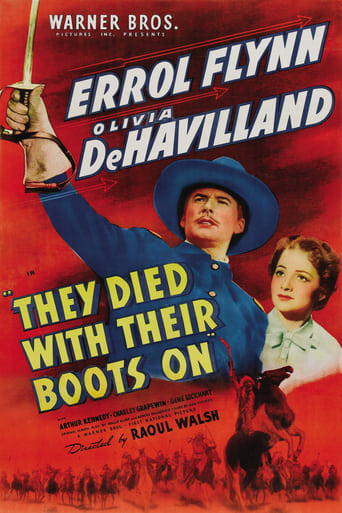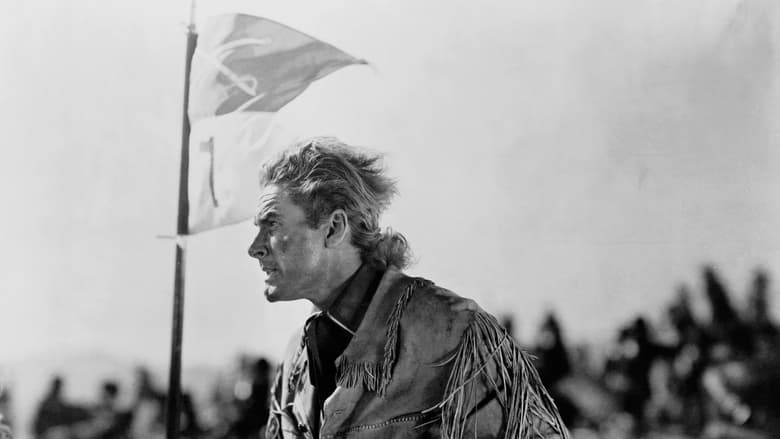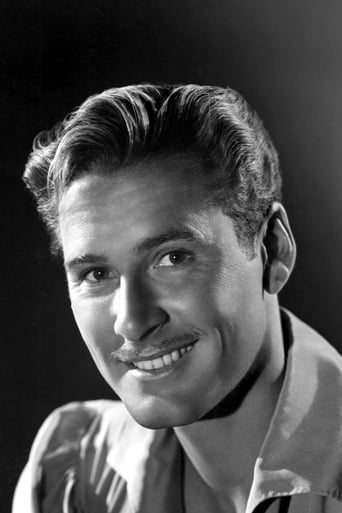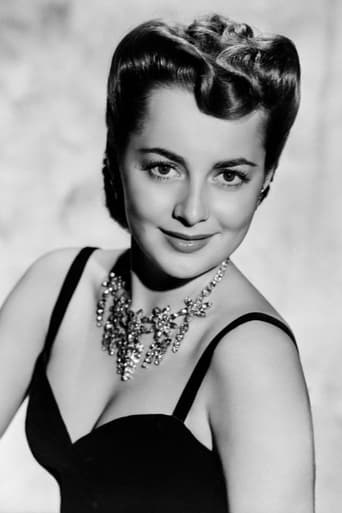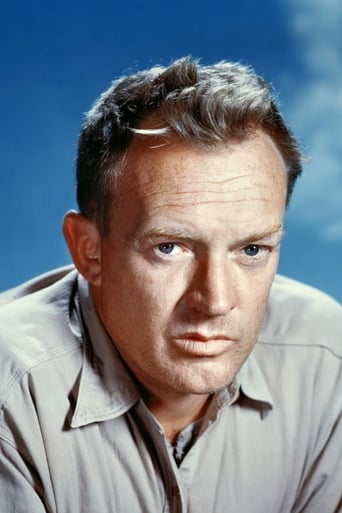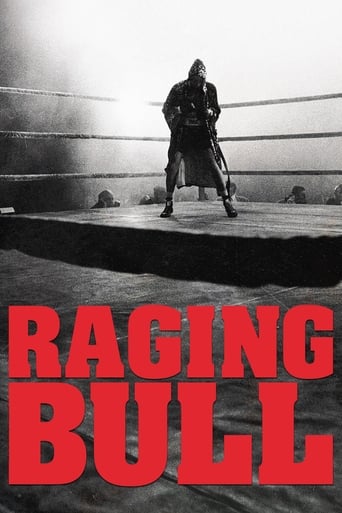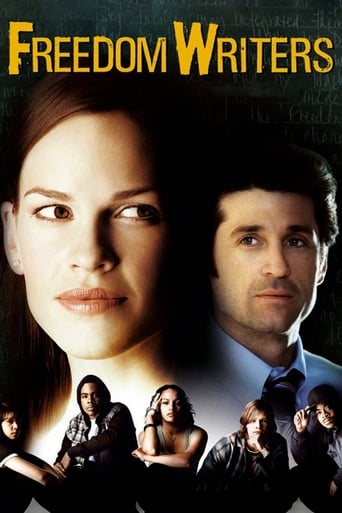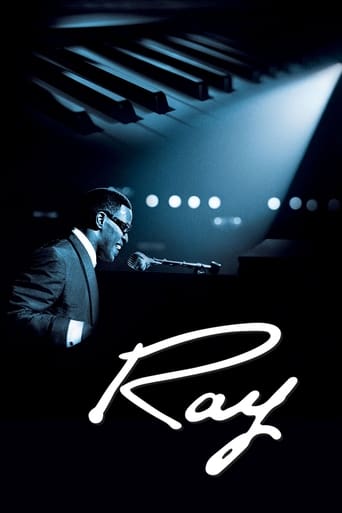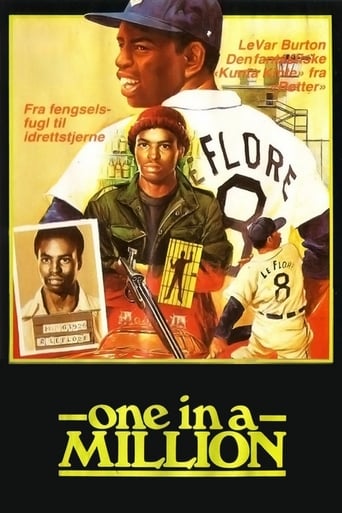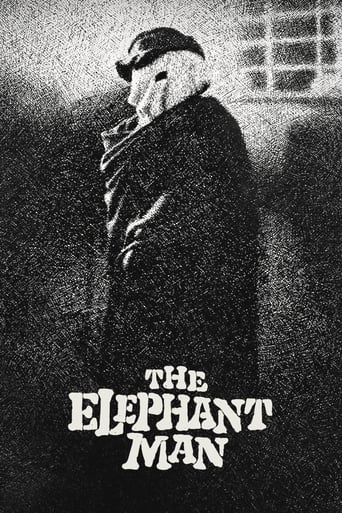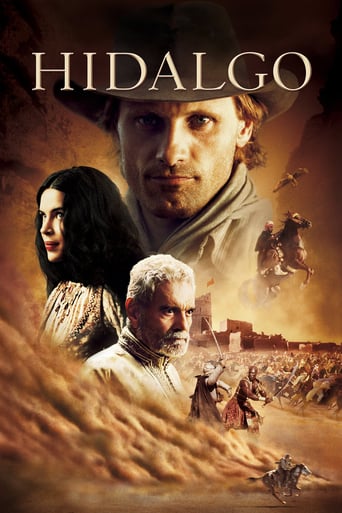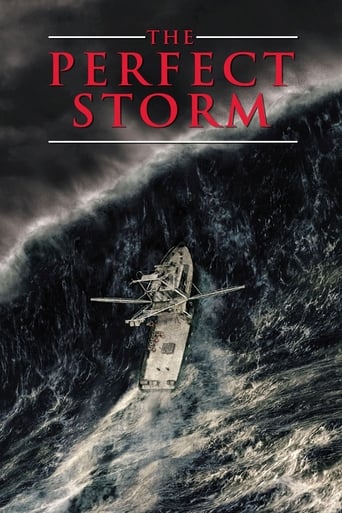They Died with Their Boots On (1941)
The story follows General George Armstrong Custer's adventures from his West Point days to his death. He defies orders during the Civil War, trains the 7th Cavalry, appeases Chief Crazy Horse and later engages in bloody battle with the Sioux nation.
Watch Trailer
Cast


Similar titles
Reviews
Best movie of this year hands down!
It's funny watching the elements come together in this complicated scam. On one hand, the set-up isn't quite as complex as it seems, but there's an easy sense of fun in every exchange.
It's an amazing and heartbreaking story.
Story: It's very simple but honestly that is fine.
Anything with Errol Flynn should get a decent rating because at the minimum you get his charm and laid back way for a couple of hours. Hey, its always a nice way to pass the time and watch a subject matter come alive on screen. Here, we visit the Wild West but not before we get a taste of Custer's start-up life, love and a few experiences. From there, we are treated to entertaining events that has us rooting for the star and we follow him with interest right to the end. Hollywood did take liberties with the subject matter but that's what they do. For history and details as well as facts, Hollywood might not be the best source. Enjoy shots of the West, cities, buildings, Indians, Forts and all the neat Western type stuff while you munch on a sandwich with a tasty drink. BTW, if you like onions with your meal, this movie is for you with appropriate scenes.
They Died with Their Boots On was released soon after the U.S. entered WWII when patriotism was at a fever pitch. Any audience watching the film at that time would, no doubt, have cheered any character who went into battle with the U.S. flag. And this film certainly knows how to raise the American banner over all the highest principles--truth, honor, and bravery.But it is easy now, from our vantage point, to delve deeper into the "truths" of this film. Despite the rousing performances of some very talented actors, TDWTBO is a film that diverges so greatly--and so purposefully--from truth that is must be decried as little more than propaganda.We often forgive diversions from historical facts when we view a film. But a film must remain true to the spirit of the truth. In this film, I thought the spirit of the truth was honored its early scenes, through the end of the Civil War. After that, the facts were so distorted and contradicted that there is little resemblance to reality. In fact, Custer's role is elevated to a heroic level despite the fact that the real Custer was a prime agent in some of the worst actions of the Black Hills conflicts.If one reads about Custer's campaigns against the Indians and the happenings in the latter years of his life, he does not emerge so nobly. TDWTBO sacrifices the honor of others to glorify Custer, which is too bad. The real story would have been just as compelling--just not as faithful to the Hollywood mythology of the treacherous savage vs. the dashing cowboy/pioneer.
How can one even start with this nonsense? Everyone has a better idea now of the Battle of Little Big Horn and what really happened there--not exactly Hollywood heroism on the part of Custer. But let's move on, and put to rest another falsehood embedded in this film. In the movie the Black Hills are set aside as sacred land for the native peoples. Any trespassing on it by non-natives would start an all-out Indian war. The movie tells us that evil land developers and railroad men plotted to open up the area by spreading a false rumour that gold was found in the Black Hills, thus triggering a gold rush and forcing the army to protect the waves of gold seekers, who would force the Indians off the land. Wrong. The truth is that gold was discovered by Custer on an expedition into the area and that Custer himself (let's use the words of Wikipedia) "announced the discovery of gold on French Creek near present-day Custer, South Dakota. Custer's announcement triggered the Black Hills Gold Rush." I don't know why reviewers here are overlooking the tissue of falsehoods that make up this movie and expecting us to enjoy it--for what, the action scenes? the romance story? the horses? the comforting lies? what?
Errol Flynn (Custer) graduates from military school but only because the North is desperate for men to join the army to fight the Southern Confederates. His disciplinary record is the worst ever and were it not for the sudden outbreak of war, he surely wouldn't have made it. We follow Flynn's rise through the military ranks until he makes his final stand at Little Big Horn.The cast are all excellent with the exception of Charley Grapewin (California Joe) who plays one of those comedy drunken wagon drivers who are NEVER funny. He's meant to be an endearing character but he just irritates. There is also an English buffoon thrown in - another cast mis-calculation. But everyone else hits the mark, especially Flynn, Olivia De Havilland as his wife Libby, Arthur Kennedy as his adversary Ned Sharp and Anthony Quinn as Crazy Horse.There are many good scenes, eg, the confrontations between Flynn and Kennedy regarding the issue of selling alcohol to troops and rifles to the Indians, the final scene between Flynn and De Havilland as he prepares to go into battle for the last time, and the numerous horseback charges that Flynn leads. However, we could do without all the scenes with the stupid wagon driver. The film has comedy (NOT from the annoying wagon driver), action, drama and good actors that keep you watching despite it's length. Flynn is very likable as Custer and develops his character through to a man of conscience who gives Arthur Kennedy a satisfying pay-back time. What a shame that De Havilland sold Flynn's conditions at the end instead of exposing the corruption that had taken place to the general public. That would have caused the required shame. The Indians are the good guys in this film.

